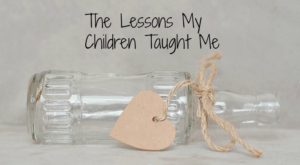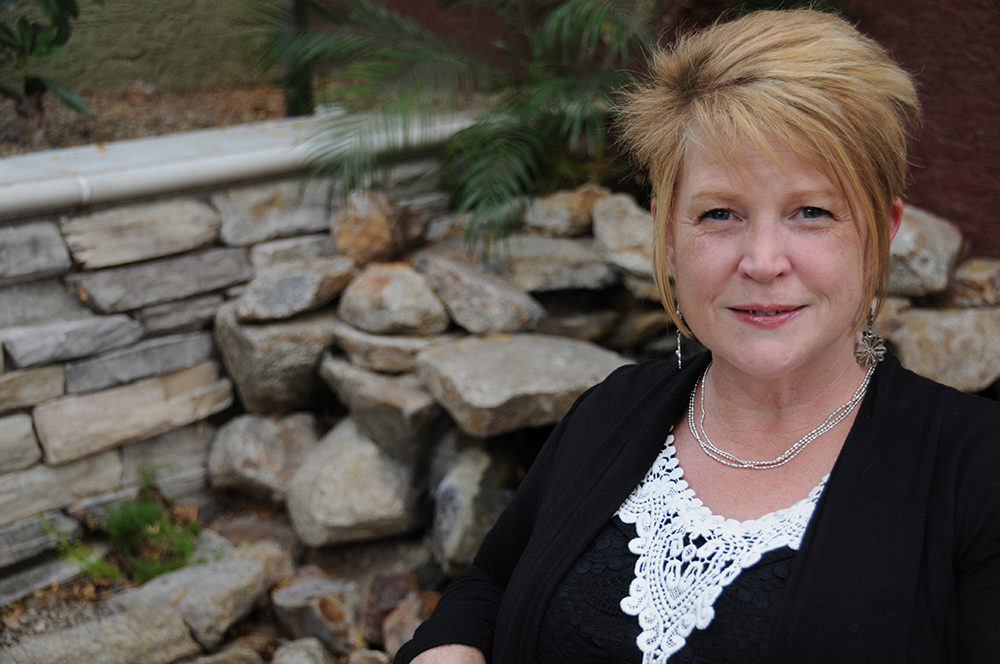(Excerpt from) Karen Meadows, Dec. 09, 2016, author of “Searching for Normal: The Story of a Girl Gone Too Soon.”
My daughter lost her battle with mental illness. Through this heartbreaking experience, I’ve learned a lot from my mistakes. …and I hope that even one of these suggestions might prevent another lost battle.
- Accept Your Child’s Diagnosis – You may want so badly for your child to have a normal life that it’s easy to believe, on good days, that they have overcome their challenges. Accept that the way their brain works is a unique part of who they are. Help your child find a new normal.
- Get Educated and Network – Read as much as you can. Get on the distribution list of as many mental health organizations you can. Talk with trusted friends, colleagues and family.
- Listen and Don’t be Judgmental – Instead of focusing on your child’s behaviors, try to understand their feelings. Rather than asking “why”, which can sound judgmental, ask “how” or “what” questions.
- Consider taking effective communication training. After Sadie died, I volunteered to work on a crisis line. I learned how to defuse anger, connect with people and partake in collaborative problem-solving–these skills would have helped me communicate with Sadie more effectively.
- Don’t Let Shame Interfere with Getting Help – If your child had a physical condition, you would seek medical help. Do the same for your child if they have a mental health condition. Find a mental health specialist who provides the right kind of therapy, is highly recommended and is someone your child connects with.
- Empower Your Child – Teach them positive lifestyle habits, such as diet, exercise, regular sleep and mindfulness. Talk about the dangers of self-medicating with drugs or alcohol.
- Have a Discussion About Suicide – Find out whether your child is having suicidal ideation, and if they have plans to act on those thoughts. Talking openly and showing genuine concern are key elements in preventing suicide. Make sure they have crisis phone numbers saved to their phone. Also, have a crisis plan prepared for them.
- Call a Crisis LineNational Suicide Prevention Lifeline: 1-800-273-8225
NAMI HelpLine: 1-800-NAMI (6264) or email [email protected]
Crisis Text Line: Text NAMI to 741-741
- Have Hope – Remember: new developments are happening every year. Don’t give up, because your child’s life may depend on your perseverance.



 nt to trip inside your head
nt to trip inside your head